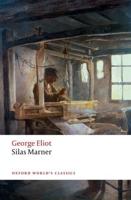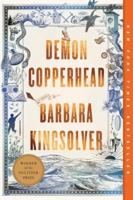Publisher's Synopsis
This historic book may have numerous typos and missing text. Purchasers can usually download a free scanned copy of the original book (without typos) from the publisher. Not indexed. Not illustrated. 1826 edition. Excerpt: ...day arrived at Fetipour, about twenty leagues distant from Agra. The eunuch, who had the guard of the treasures of the king, wisely considered, that it would be imprudent to deliver them to the father-in-law of Sultan Chorrom, and expose them to be pillaged by a rebel prince. He gave notice to the court of the inarch of Chorrom, and sent back Asaph-Cham without the treasure. This news obliged Jehan Guir to come himself to Agra, in order to oppose the designs of his son. He found the city entirely ravaged by the troops of the rebel, and the palaces of the great lords pillaged; but as the fortress was in faithful keeping, the treasure of the empire was saved from a similar fate. The declaration of revolt, which Sultan Chorrom had just made, was too open and avowed, not to be attended with further consequences. Positive hostilities had become now absolutely necessary; and Chorrom was obliged to prepare for encountering the formidable army, which Jehan Guir had placed under the command of the gallant Mahobet-Cham. Even Sultan Perviz quitted the repose of his government of Bengal, and came at the head of his troops, to combat for his father against a refractory brother. There appeared to be no interested motives, at this time, in the conduct of this good prince; no views towards raising himself to the throne, on the ruin of his brother's fortunes. Motives of duty alone seemed to regulate his motions. In the meanwhile, Sultan Chorrom was encamped some leagues below Delhi. The army of the king, strengthened by that of Sultan Perviz, advanced against the rebels. It was commanded in person by Jehan Guir. Asaph-Cham conducted the right wing, and Mahobet-Cham the left. As in civil broils, it almost always happens, that there are many traitors on...










